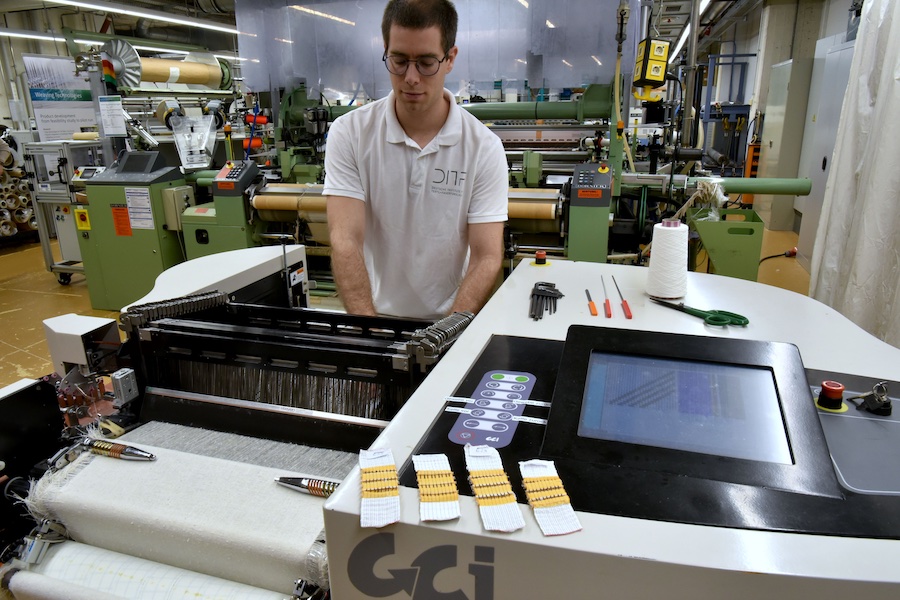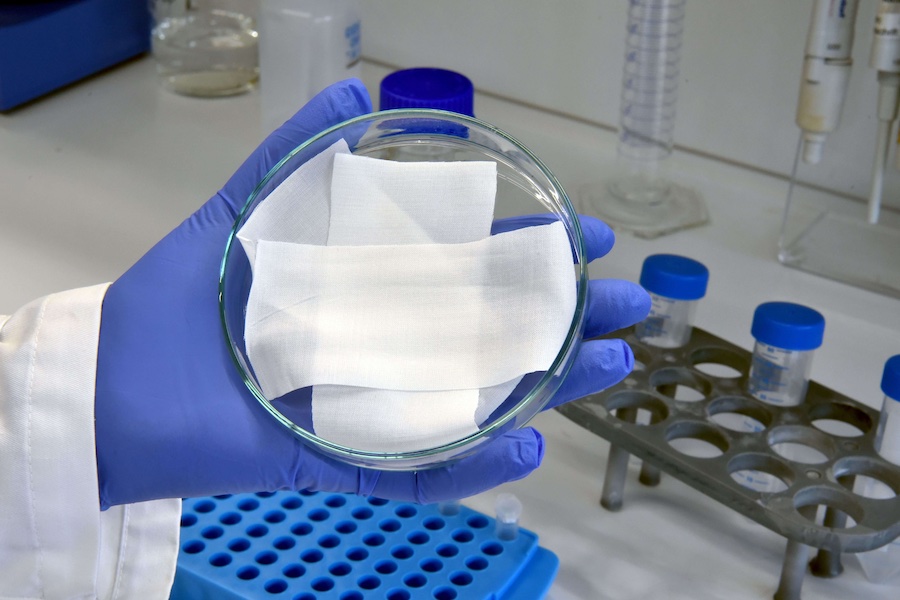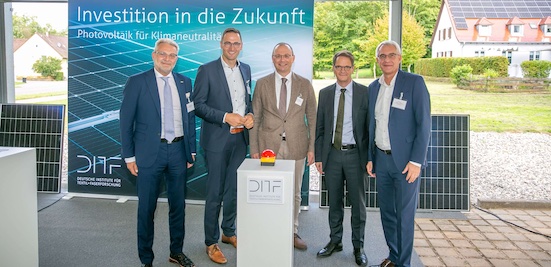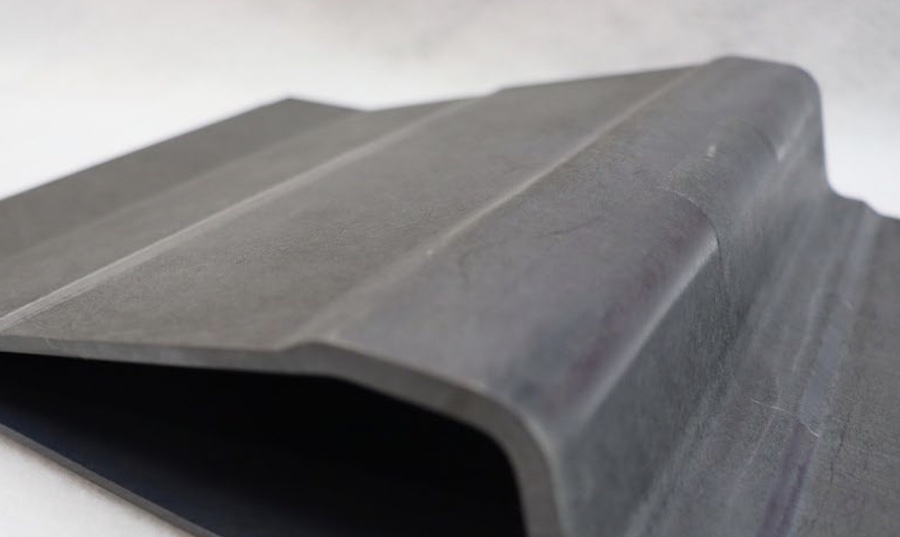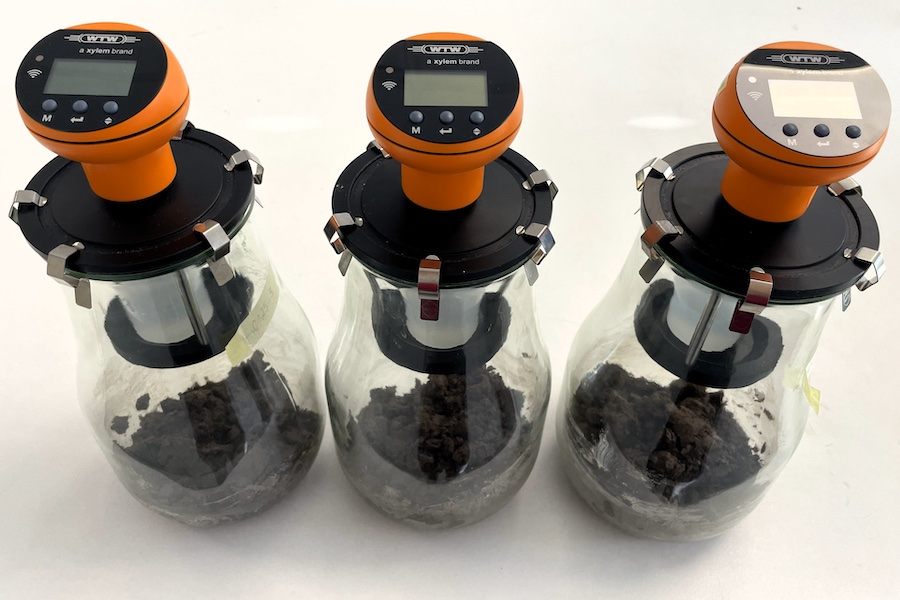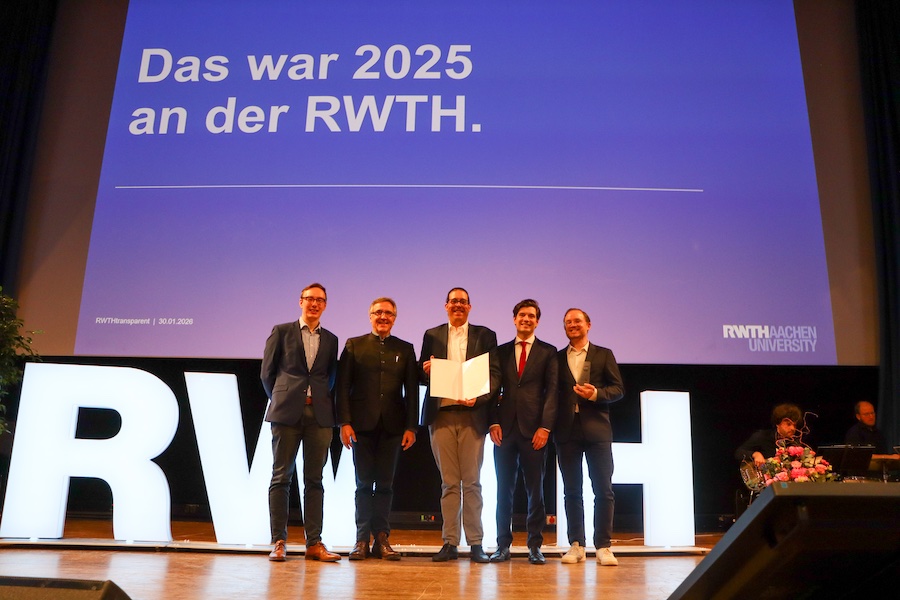#Research & Development
The German Institutes of Textile and Fiber Research Denkendorf (DITF) mourn the loss of Professor Dr. Dr. h.c. Franz Effenberger
“Professor Effenberger was a brilliant chemist, researcher and university lecturer. With him, we lost an important companion of our research center - first as a member of the Board of Trustees and later as Institute Director. As recently as November, we were privileged to welcome Professor Effenberger as a guest of honor at the Aachen-Dresden-Denkendorf International Textile Conference organized by the DITF. The DITF owe Professor Effenberger a considerable debt of gratitude and will honor his memory,” stated Professor Dr. rer. nat. habil. Michael R. Buchmeiser, Chairman of the Board of the DITF.
Franz Effenberger studied textile engineering in Krefeld, then chemistry at the Technical University of Stuttgart, received his doctorate in 1958 under Hellmut Bredereck at the Technical University of Stuttgart with the topic "Investigations of condensed heterocyclic ring systems" and habilitated in organic chemistry in 1964. After a one-year research stay at the University of Michigan in the USA in 1965 and years as a Winnacker Fellow, he was appointed Professor of Organic Chemistry at the University of Stuttgart in 1971 and Director of the Institute of Organic Chemistry at the University of Stuttgart. He filled both positions with great passion and success until 2002.
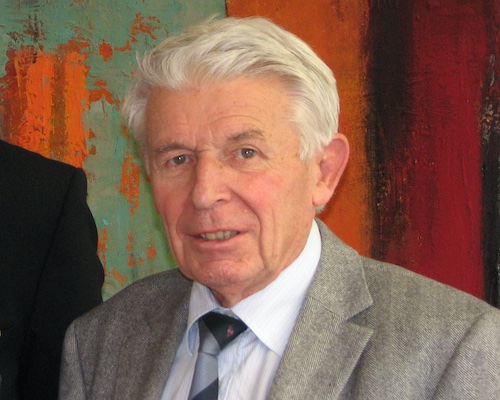
At the University of Stuttgart, of which he was prorector (1980 - 1986) and rector (1986 -1990), Franz Effenberger contributed to the reform of the study of chemistry and was involved in establishing the major field of bioprocess engineering. In addition, he was active abroad: As a visiting professor he taught at Cornell University in Ithaca/USA in 1977 and at the Ecole Supérieure de Physique et Chimie in Paris in 1989.
His most important fields of work were the chemistry of aromatics, heterocycles and amino acids, the chemical principles of molecular electronics, applications of enzymes in synthesis and the development of ultra-thin organic layers. Franz Effenberger has published around 350 papers and 55 patents in cooperation with renowned companies - impressive proof of his scientific achievements and his professional life's work, which was entirely devoted to research. In 2023, he published his autobiography “Von Aromaten und Heterocyclen zur Bio- und Nanotechnologie” in the series “Lebenswerke in der Chemie”.
In 2003, Franz Effenberger took over as head of the Institute of Textile Chemistry and Chemical Fibers (ITCF) of the German Institutes of Textile and Fiber Research (DITF) for six years, having already been a member of the DITF board of trustees until 2003. With untiring commitment, outstanding expertise and an open ear for his employees, colleagues and the interests of the industry, Effenberger succeeded in further expanding the excellent national and international reputation of the ITCF Denkendorf. As a scientist with strategic skills and a feeling for the right topics, he initiated numerous pioneering research projects, pushed ahead with targeted cooperation with the industry and thus set the course for a successful future of research in Denkendorf. Together with the SGL Group, Franz Effenberger initiated the development of carbon fiber technology at the ITCF, thus setting a milestone on the way to independent European carbon fiber production technology, the mastery of which is of decisive importance for Germany as a high-tech location.
Franz Effenberger has received many awards. For his scientific work and his overall achievements, which have had a lasting impact on the field of chemistry through discoveries and new findings, he received, among others, the Humboldt Research Award and the Federal Cross of Merit 1st Class. His achievements have also been honored abroad. The Kei? University honored him with the Japan Society for the Promotion of Science -Fellowship Award, the University of Strasbourg honored him with the Louis Pasteur Medal, and in France he was made a Knight of the Legion of Honor. The Universidade Federal de Santa Maria (Brazil) awarded Franz Effenberger an honorary doctorate.




